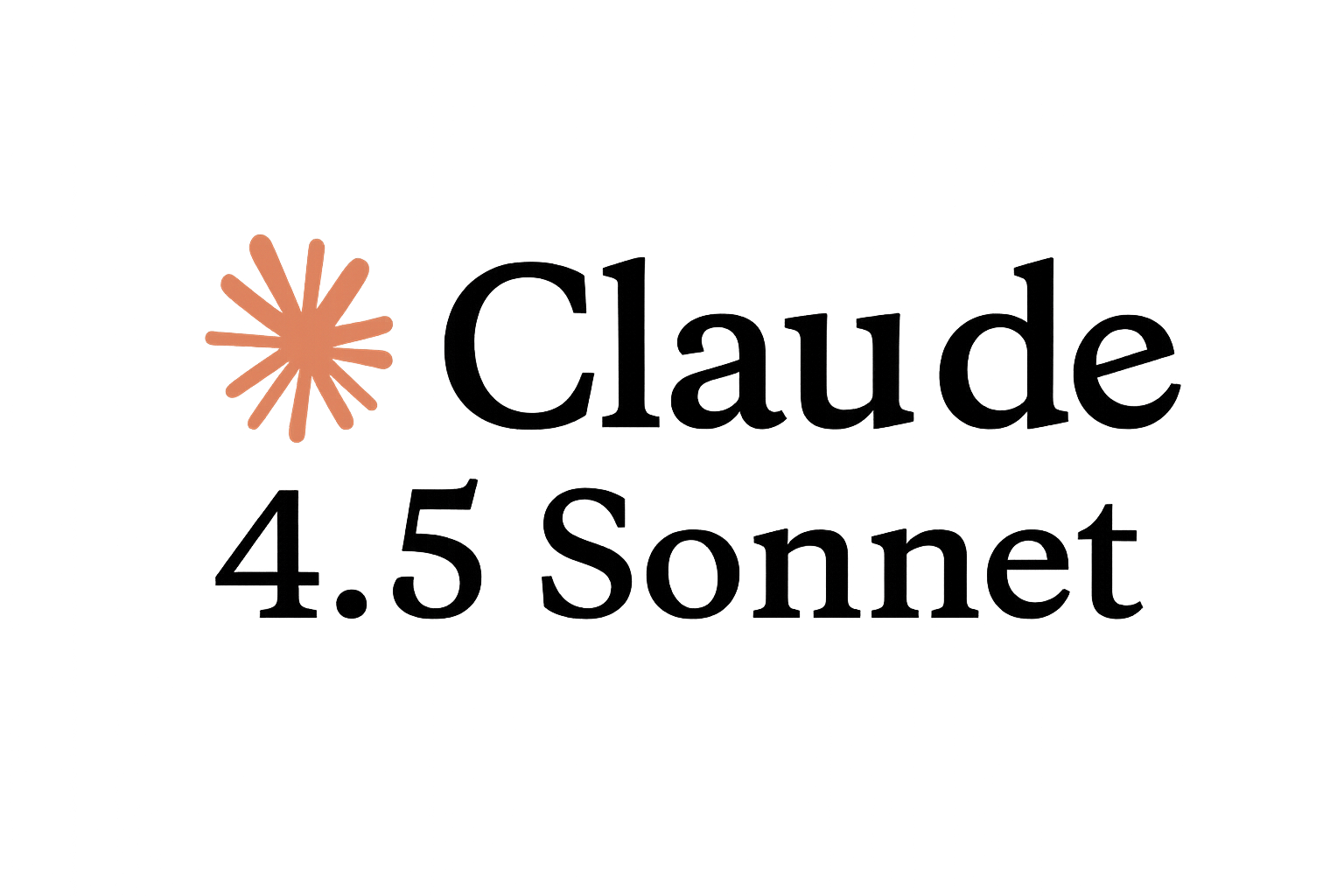On September 29, 2025, Anthropic dropped a bombshell: Claude Sonnet 4.5, which they're calling "the best coding model in the world." That's not marketing hyperbole—the benchmarks back it up.
Best coding model in the world with 61.4% OSWorld score (up from 42.2%), same $3/$15 pricing, new Claude Code features including checkpoints and VS Code extension, plus the Agent SDK release.
Coding Capabilities: The New Gold Standard (10/10)
Let's cut straight to what matters: this is the best coding model you can use right now. Not "one of the best" or "competitive with the leaders"—the actual best.
Claude Sonnet 4.5 achieves state-of-the-art performance on SWE-bench Verified, the industry-standard benchmark for evaluating how well AI models can solve real-world GitHub issues.
What This Means in Practice
- Refactoring legacy code: Given a 5-year-old Django codebase with mixed coding standards, Sonnet 4.5 proposed a coherent refactoring strategy that maintained backward compatibility.
- Bug hunting: Identified a subtle race condition in a multi-threaded TypeScript application and suggested three different mitigation strategies with trade-off analysis.
- Architecture decisions: Designed a scalable microservices architecture including service boundaries, API contracts, and failure modes with circuit breaker patterns.
"Claude Sonnet 4.5 doesn't just move the needle on coding benchmarks—it redefines what we should expect from AI-powered development tools."
Agent Performance: OSWorld Leadership (9.5/10)
The 61.4% score on OSWorld (up from 42.2%) represents a massive leap. OSWorld measures how well AI agents can complete complex, multi-step tasks in operating system environments.
Sonnet 4.5's ability to maintain focus for over 30 hours is game-changing. I set it on a task to migrate a monolithic application to microservices—it maintained architectural consistency throughout, referring back to decisions made hours earlier.
Developer Tools: Claude Code & Agent SDK (9.5/10)
Claude Code Enhancements
- Checkpoints: Save and resume coding sessions
- Terminal Interface Refresh: Cleaner, more responsive terminal integration
- Native VS Code Extension: First-class VS Code support
- Context Editing & Memory Tool: Better context management via API
Claude Agent SDK: The Big Deal
Anthropic is releasing the same infrastructure they used to build Claude Code to the developer community. This SDK provides multi-step reasoning frameworks, tool-use orchestration, and long-running task management.
Pricing & Value (9/10)
| Model | Input Cost | Output Cost | Tier |
|---|---|---|---|
| Claude Sonnet 4.5 | $3.00/1M | $15.00/1M | Top Tier |
| GPT-4 Turbo | $10.00/1M | $30.00/1M | Top Tier |
| Gemini Pro | $7.00/1M | $21.00/1M | High Tier |
Claude Sonnet 4.5 delivers dramatically better performance without punishing your API budget. At the same price as Sonnet 4 with a 45% improvement in agent capabilities, this is the model to use for serious development work.
Final Verdict
If you're doing any serious AI-assisted development, Claude Sonnet 4.5 should be your default model. The combination of best-in-class coding capabilities, exceptional agent performance, and competitive pricing makes it the clear choice for professional developers.
